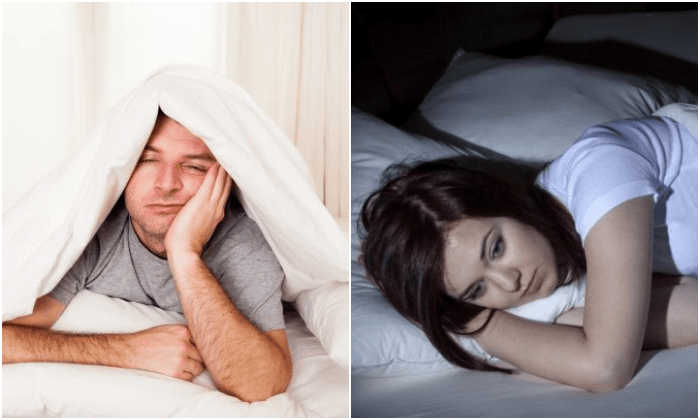If you can’t remember the last time you got a good night’s sleep, you’re actually not alone. In fact, according to CDC, one in three American adults isn’t getting enough sleep.
Maybe you constantly find yourself wide-eyed at 3 am. Maybe you can’t snooze without the TV on. But no matter how your sleep drama is playing out, chances are there’s one--or more than one--health problem at the root of it.






